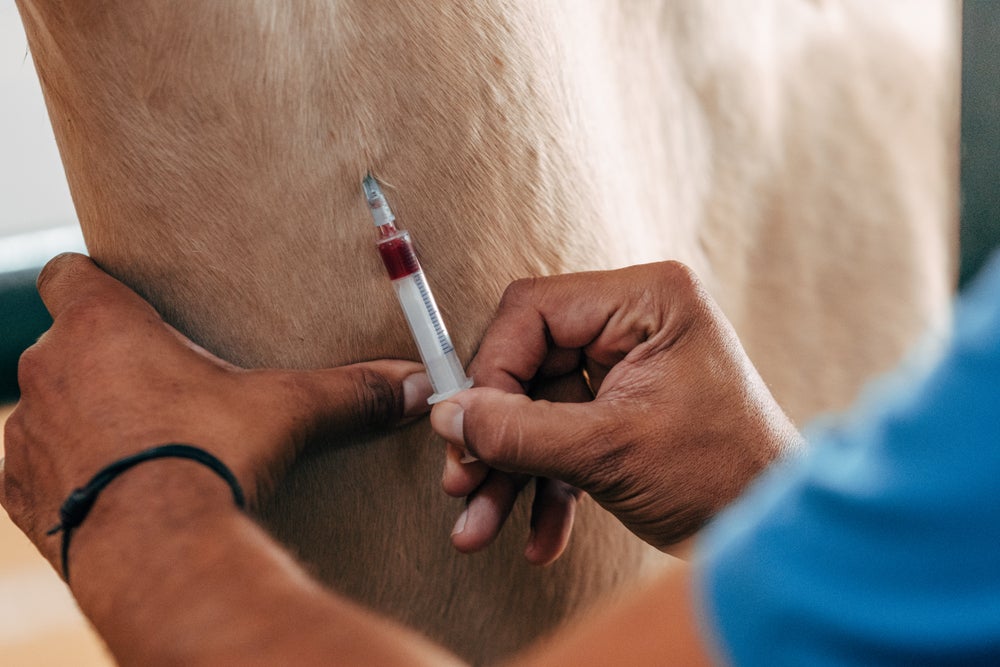Two horses in Colorado have tested positive for Equine Infectious Anemia, an incurable viral disease that affects horses, mules, and donkeys.
The Colorado State Veterinarian’s Office confirmed both cases after receiving presumptive positive test results. In each case, the owners chose to euthanize the infected horses to prevent any further risk of disease transmission. State officials stress that the threat to Colorado’s broader equine population remains low at this time.
The first case was detected in Douglas County on April 5 when a pregnant mare, recently relocated to Colorado, underwent routine testing. Final confirmation came from the USDA National Veterinary Services Laboratory on April 10. Investigators have linked this case to a major EIA outbreak tied to a Texas veterinary clinic that spanned from May through September 2024.
That outbreak was traced to unsanitary practices, which allowed the virus to spread among equine patients. While no other exposed horses have been identified in Colorado so far, the investigation remains active.
The second horse tested positive on April 9 in Jefferson County during a veterinary exam for a Certificate of Veterinary Inspection prior to planned travel. The USDA NVSL confirmed the case on April 15. State officials have since begun quarantining and testing any potentially exposed horses connected to this case.
“The confirmed transmission in the Texas outbreak highlights the importance of strict disease prevention practices and routine EIA testing,” said Colorado State Veterinarian Dr. Maggie Baldwin. “This case is a sobering reminder of the potentially devastating and far-reaching consequences of failing to adhere to sanitary protocols. I encourage all Colorado veterinarians to review their practice’s sanitation protocols with their staff.”
An annual Coggins test, which screens for EIA, is widely recommended for all horses. Federal law also requires a negative EIA test and a Certificate of Veterinary Inspection before horses can cross state lines. The Colorado Department of Agriculture is urging organizers of equine events — including shows, rodeos, and fairs — to require proof of a negative EIA test even for in-state horses, as an added layer of protection for the equine community.
EIA spreads through large biting insects and the reuse of contaminated needles or equipment. Horses carrying the virus may show no signs, or they might suffer from high fever, anemia, weight loss, an enlarged spleen, weakness, and even death. Since there is no cure, infected horses must either be euthanized or placed in lifelong quarantine. EIA cannot be transmitted to humans.
For more information, horse owners can visit the USDA Equine Infectious Anemia website or the Colorado Department of Agriculture’s State Veterinarian’s Office page, where guidelines on reportable diseases are available.


